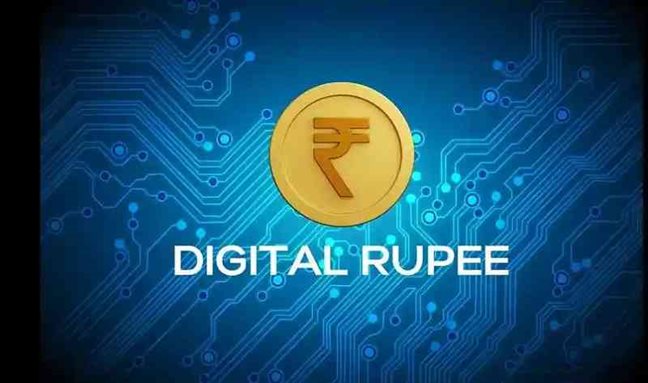Reserve Bank of India Launches Digital Rupee Pilot Program
1st November 2022, Kathmandu
India’s central bank RBI launched the first digital currency on Tuesday. As a pilot project, RBI has issued central bank digital currency “CBDC” allowing nine banks to use it for settling secondary-market transactions in government securities.
Reserve Bank of India has selected SBI Bank, Bank of Baroda, Union Bank of India, ICICI Bank, Kotak Mahindra Bank, Yes Bank, IDFC First Bank, and HSBC for digital currency.
Indian Finance Minister Nirmala Sita Raman announced the issuance of digital currency in the Indian budget tabled in February. To implement the same announcement, RBI has launched digital currency as a pilot project from Tuesday.
The RBI has proposed to issue two versions of the Digital Rupee — general purpose or retail (CBDC-R) and wholesale (CBDC-W). Retail CBDC can be used by all including the private sector, non-financial consumers, and businesses. Wholesale CBDC is designed for restricted access to select financial institutions.
The value of the Rupee or digital currency will also be equal to the existing currency. It can also be used in transactions like a physical currency.
With the increasing use of digital currency, common people will not have to carry physical money. With the use of digital currency, cashless payments can be made. RBI says that the cost of printing physical currency will also be reduced. It will also help to reduce the cash economy.
The Central Bank also said that the whole idea of digital currency is implemented to increase the digital economy of India.







